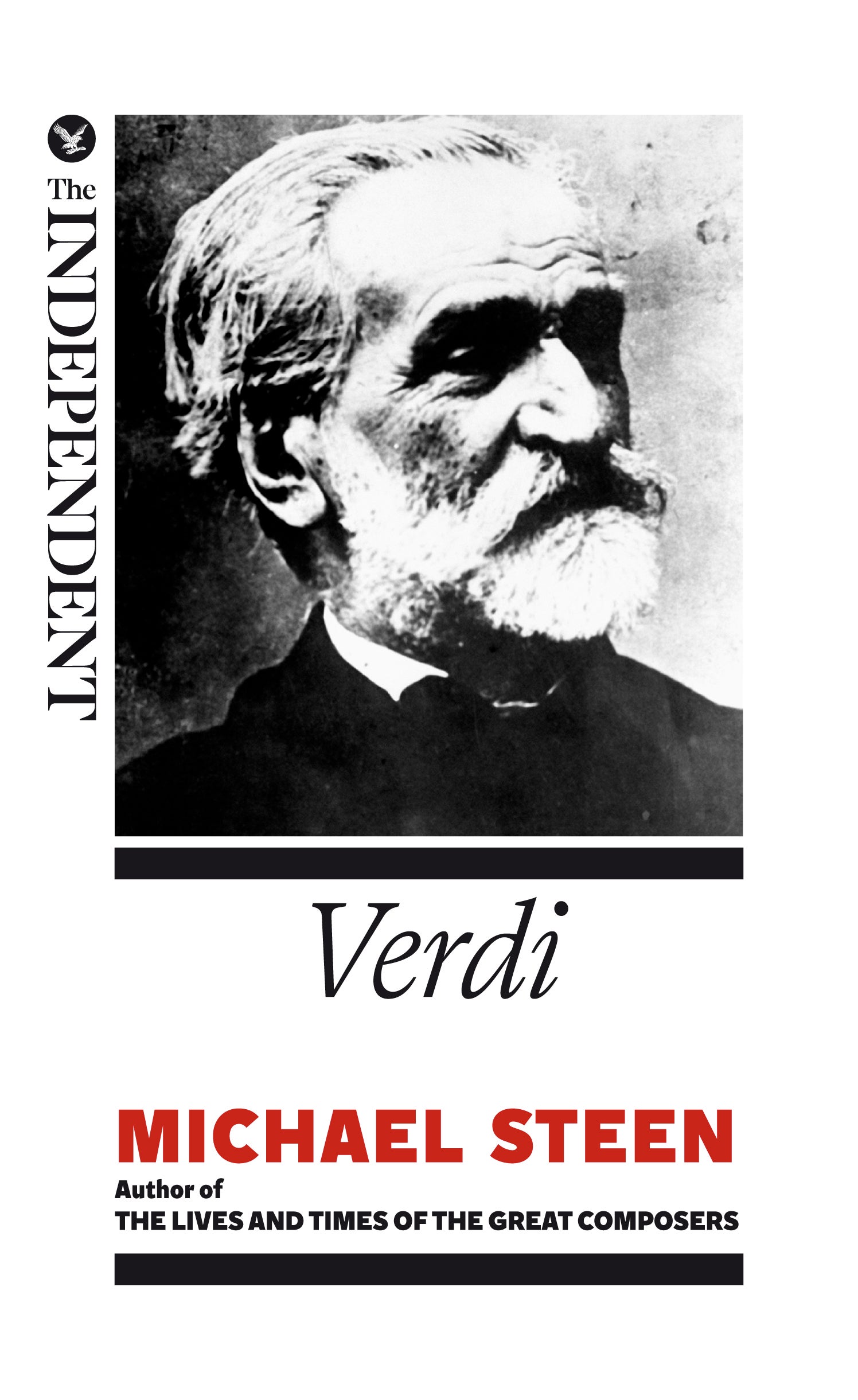Verdi
Part of The Independent’s new eBook series The Great Composers, covering fourteen of the giants of Western classical music

Your support helps us to tell the story
From reproductive rights to climate change to Big Tech, The Independent is on the ground when the story is developing. Whether it's investigating the financials of Elon Musk's pro-Trump PAC or producing our latest documentary, 'The A Word', which shines a light on the American women fighting for reproductive rights, we know how important it is to parse out the facts from the messaging.
At such a critical moment in US history, we need reporters on the ground. Your donation allows us to keep sending journalists to speak to both sides of the story.
The Independent is trusted by Americans across the entire political spectrum. And unlike many other quality news outlets, we choose not to lock Americans out of our reporting and analysis with paywalls. We believe quality journalism should be available to everyone, paid for by those who can afford it.
Your support makes all the difference.
Extracted from Michael Steen’s book The Lives and Times of the Great Composers, these concise guides, selected by The Independent’s editorial team, explore the lives of composers as diverse as Mozart and Puccini, reaching from Bach to Brahms, set against the social, historical and political forces which affected them, to give a rounded portrait of what it was like to be alive and working as a musician at that time..
With Verdi, Italian opera reached its zenith, where music and drama are fused into an indissoluble whole. Although he wrote 28 operas, less than half remain regularly performed. Yet those which are remain a gold standard of characterisation, stagecraft and musical vocabulary. Rigoletto, La Traviata, Un Ballo in Maschera, Aïda – the roll call is long, but it is especially with his final two operas, Otello and Falstaff, that he becomes the unassailable master.
But it was not just the excellence of Verdi's artistry which propelled him to fame. Verdi was writing just as Italy was becoming increasingly resentful of Austria's domination, and there was a growing movement to unite the patchwork of territories of which Italy was composed at the time into a unified country. He became identified with the ambitions of reunification, and many of his operas, with their political subtexts, became rallying calls for the nationalists. Michael Steen unpicks how this most unsociable of men, a reluctant politician but a brilliant composer, became the figurehead for the birth of a nation.
Born into a modest background, Verdi, with his sound business sense, grew rich and famous; rich enough to ignore the scandalised disapproval of his neighbours at his living openly with his mistress for many years before marrying her. At his death 200,000 people lined the streets to bid farewell to their hero.
£0.99
Join our commenting forum
Join thought-provoking conversations, follow other Independent readers and see their replies
Comments